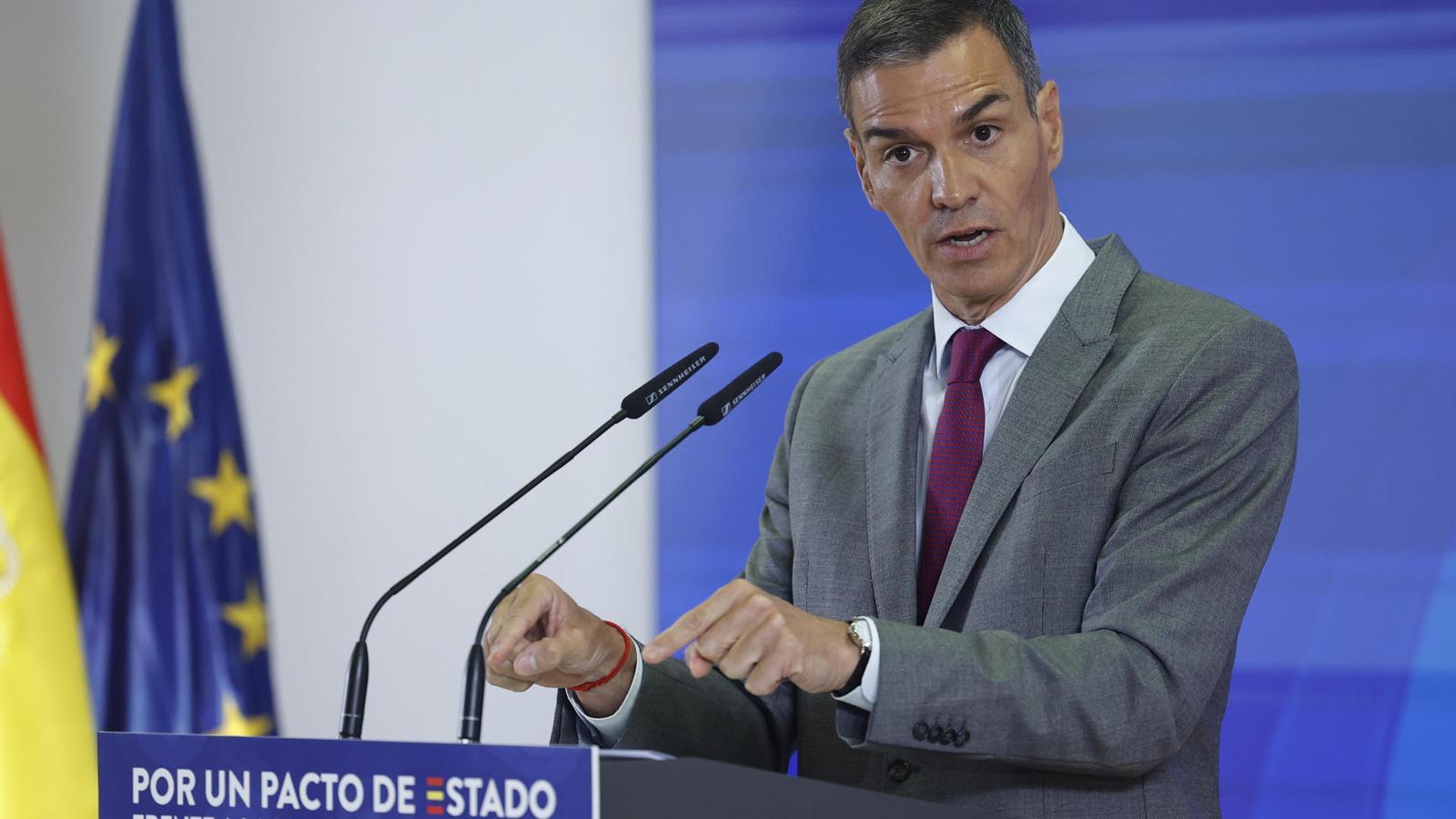

The negotiations over the one-off financing and the news about other negotiations regarding the Generalitat's participation in the management of Aena make it opportune to reflect on the relationship between Catalans and Spain.
Catalanism was born with the goal of creating a public institution with sufficient power to transform Catalonia into a European nation, then synonymous with civic, educated, and wealthy. The first part—the institution—was extremely important, but instrumental in the second—modernizing the country.
The institution has gradually materialized, in an extraordinarily costly and eventful process, in the Commonwealth, in the Statute of 1932, and in that of 1979. But this has by no means been the final point, since from the beginning the transfer of so many powers from the State to the Generalitat has been tirelessly pursued. At the time, we succeeded in having the regional police force displace the state security forces from the Catalan scene, and today we are close to achieving the same goal within a decade for the civil servants of the Tax Agency. These are no small achievements, and they confirm that clarity of thought and tenacity are usually rewarded. And they also prove that there is a very solid thread linking Pujol's government with that of Illa.
It's worth mentioning that we've tried to do the same with the commuter rail service, and although what we ended up agreeing to is very disappointing, it could lay the groundwork for a real transfer later on.
But what I want to emphasize here is that Catalanism maintains intact the first objective it set out well over a century ago: to build in Catalonia what Prat called a "state body."
Regarding the model of society to be created in Catalonia, a century and a half ago, there was a basic consensus on what characteristics it should have, and to build it, they didn't wait for a "state body," but rather pressured the state to make decisions that favored it. We consider three examples: Barcelona, industrialization, and educational excellence.
Transforming Barcelona into a major European city was a goal that successive Spanish governments had pursued, drawing from the Universal Expositions of 1888 and 1929 and the creation of the Free Trade Zone, to name three examples. Regarding the country's industrialization, it had justified persistent political pressure in favor of tariff protection, a commitment shared by business leaders and organized labor. Regarding educational excellence, Catalan nationalism had no choice but to wait for the Mancomunidad to materialize before beginning to work on it.
Today, some consensus persists; for example, the transformation of Catalonia into a scientific hub. But it is exceptional. Regarding the three examples mentioned above, there is considerable disagreement.
The strengthening of Barcelona no longer enjoyed consensus under Pujol, who distrusted the city and its city council, led by a rival. As for economic prosperity, it no longer depends on tariff protection, but largely on the transformation of the tourism sector, an issue on which there is profound dismay. Finally, there is no doubt that if the consensus continued to prioritize educational excellence, academic results would be very different from what they are today.
One of the consequences of all this is that we are only clear about one thing in our relationship with the State: we want it to transfer powers to us, but we are often neither clear about what we would do nor, in the meantime, clear about what we want from the State.
Airports are a clear case in point. We know that Junts has placed a pawn on the board of directors of Aena, but we don't know what interests it's defending, nor whether it's coordinating—as it would seem logical—with the Catalan government. We're told that ERC is negotiating the creation of bodies within Aena in which the Catalan government would participate, but we don't know what airport model it would defend: the expansion of El Prat Airport? Which one? We also know that ERC has placed a member on the board of Redeia Airport, but we don't know what use it will make, given that we're not clear on what electricity grid we want to have to address decarbonization. But no example is as clear as that of another Junts pawn, this time at the CNMC, voting against what the bulk of Catalan supporters considered to be in the general interest.
I consider it positive that—more than a century after Prat—we still aspire to more powers from the State, but it's urgent that we rebuild the central consensus on the country's model. Until we do so, it won't be legitimate for us to complain that the State isn't working in our favor.
